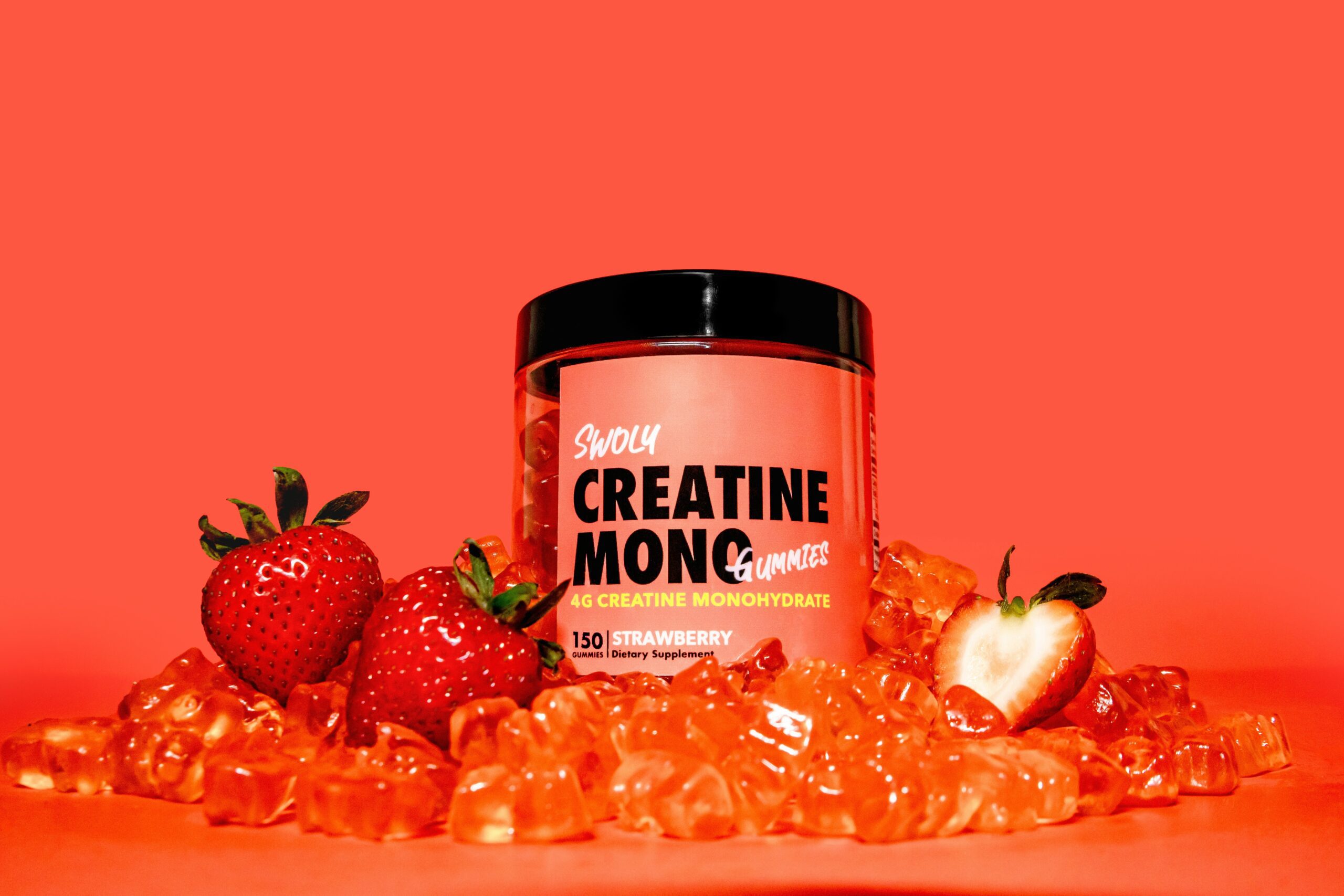

Introduction to Health Supplements and Their Popularity
Health supplements have taken the wellness world by storm. From vibrant energy boosters to calming herbal extracts, these products promise a range of benefits that attract millions. With shelves overflowing at health food stores and online markets buzzing with options, it’s easy to feel overwhelmed yet intrigued.
People are eager to enhance their well-being, improve their performance, or simply bridge nutritional gaps in their diets. As interest continues to grow, so do questions surrounding the efficacy and safety of these popular supplements. What’s really behind those glowing claims? Are they backed by science or just clever marketing?
In this exploration into the realm of health supplements, we will dive deeper than surface-level buzzwords. Let’s unravel the facts and fiction together while discovering what you truly need to know about these trending aids for better living.
Understanding the Scientific Basis for Supplement Claims
Health supplements often promise a variety of benefits, but what’s the truth behind those claims? It’s essential to dive into the science that supports them.
Many supplements are backed by research, showing positive effects on health when taken alongside a balanced diet. For example, vitamin D has been linked to improved bone health and immune function.
Yet, not all claims hold up under scrutiny. Some products may exaggerate their benefits or lack substantial scientific evidence altogether. This can lead consumers astray in search of better health.
Reading scientific studies is crucial for understanding these claims. Look for peer-reviewed articles and meta-analyses that provide comprehensive insights rather than relying solely on marketing materials.
It’s also important to consider individual needs and conditions since what works for one person might not work for another. An informed approach will help you navigate the supplement landscape more effectively.
The Top 5 Most Popular Supplements and Their Benefits
Multivitamins are a staple for many. They provide essential nutrients that might be missing from our diets, supporting overall health and wellness. A daily multivitamin can help fill the gaps.
Omega-3 fatty acids, often derived from fish oil, are renowned for their heart health benefits. They promote cardiovascular function and may even enhance brain health.
Probiotics have gained attention for their digestive support. These beneficial bacteria help maintain gut flora balance, which is crucial for digestion and immunity.
Vitamin D has become increasingly popular as more people recognize its role in bone health and immune function. Adequate levels can boost mood too, especially during darker months.
Protein powders cater to fitness enthusiasts looking to increase muscle mass or recovery post-workout. They offer a convenient source of high-quality protein without the need for extensive meal prep.
Potential Risks and Side Effects of Health Supplements
While many health supplements can offer benefits, they are not without risks. Some ingredients may interact negatively with medications or existing health conditions. This can lead to unexpected complications.
Another concern is the lack of regulation in the supplement industry. Unlike pharmaceuticals, supplements do not undergo rigorous testing before reaching consumers. This means some products may contain impurities or inaccurate dosages.
Allergies are also a potential issue. Individuals might be unaware of specific components that could trigger reactions. Even natural substances can cause side effects, ranging from mild gastrointestinal discomfort to severe allergic responses.
Furthermore, reliance on supplements might encourage neglecting balanced nutrition and lifestyle changes. It’s essential to approach supplementation thoughtfully and prioritize whole foods as primary sources of nutrients.
Incorporating Supplements Into a Healthy Lifestyle
Incorporating supplements into your daily routine can enhance overall wellness. It’s crucial to remember that they shouldn’t replace a balanced diet. Whole foods provide essential nutrients that supplements can’t fully replicate.
Start by assessing your dietary needs. Consider factors like age, activity level, and health goals. Consulting with a healthcare professional is wise before making any changes.
Choose high-quality supplements from reputable brands. Look for third-party testing to ensure purity and potency.
Timing also plays a role in effectiveness. Some vitamins are best absorbed with meals, while others may be taken on an empty stomach.
Listen to your body as you introduce new supplements. Track how you feel over time and adjust accordingly if needed.
A holistic approach that includes regular exercise and proper hydration will amplify the benefits of any supplementation strategy you’re considering.
Conclusion: The Role of Science in Making Informed Decisions About Health Supplements
Understanding the science behind health supplements is essential for making informed choices. With so many options available, it can be overwhelming to navigate through claims and marketing tactics.
Research plays a crucial role in evaluating supplement efficacy. Scientific studies provide evidence of benefits, while also highlighting potential risks. Consumers should seek products backed by credible research and steer clear of those that lack transparency.
Health supplements can indeed enhance well-being when used appropriately. However, they are not a magic solution for health issues. A balanced diet along with regular exercise remains vital.
Listening to your body and consulting healthcare professionals will guide you toward the right path. By integrating reliable information into your decision-making process, you’ll be better equipped to choose what works best for you on your wellness journey.
